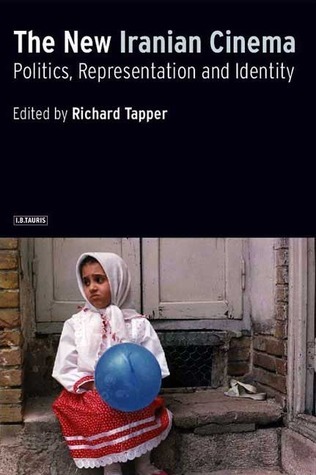
2002
First Published
3.97
Average Rating
300
Number of Pages
Iranian cinema is today widely recognized not merely as a distinctive national cinema, but as one of the most innovative in the world. Established masters like Abbas Kiarostami and Mohsen Makhmalbaf have been joined by newcomers like Samira Makhmalbaf, Majid Majidi, Ja'far Qobadi and Bahman Qobadi, all directors whose films are screened to increasing acclaim in international festivals. This international stature both fascinates Western observers and appears paradoxical in line with perceptions of Iran as anti-modern. The largely Iranian contributors to this book look in depth at how Iranian cinema became a true 'world cinema'. From a range of perspectives, they explore cinema's development in post Revolution Iran and its place in Iranian culture.
Avg Rating
3.97
Number of Ratings
29
5 STARS
24%
4 STARS
48%
3 STARS
28%
2 STARS
0%
1 STARS
0%
goodreads
Author
Richard Tapper
Author · 2 books
Richard Lionel Tapper is a professor emeritus of the School of Oriental and African Studies of the University of London. He is a social anthropologist who did ethnographic field research in Iran, Afghanistan and Turkey. His publications have focussed on pastoral nomadism, relations between ethnic and tribal minorities and the state, the anthropological study of Islam, the anthropology of food, Iranian cinema, and Iranian religious politics.